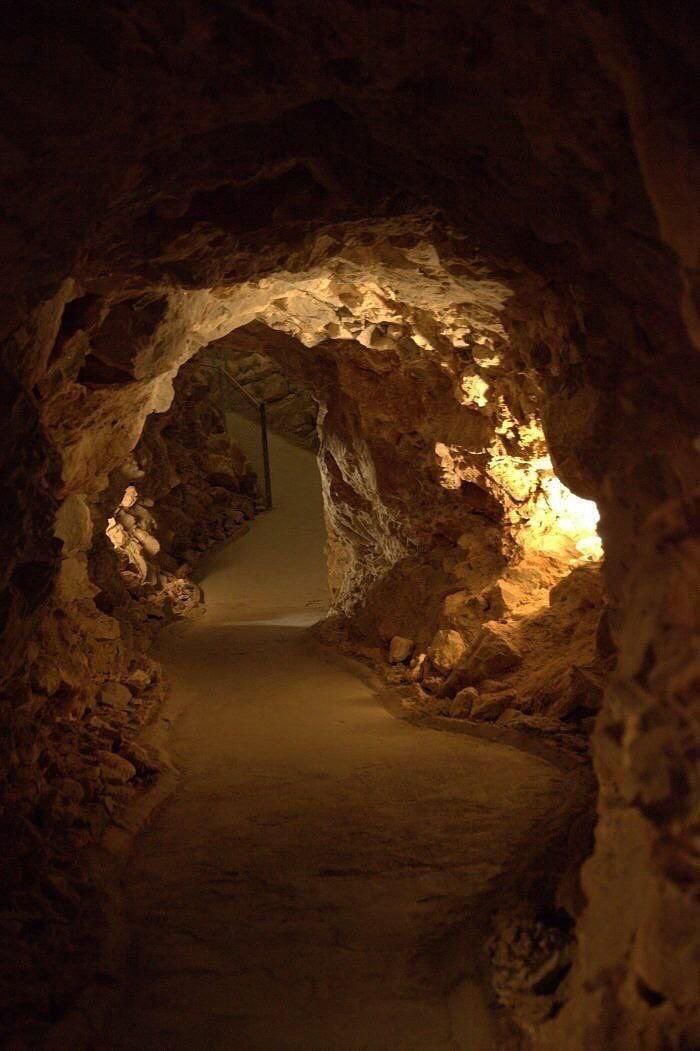An elite cleaner’s chilling discovery inside a Beverly Hills mansion reveals a dark secret that was never meant to be uncovered. Watch as the story unfolds, exposing the shadows lurking behind the glamour

The job of an elite cleaner was one I had come to know well. Over the years, I had cleaned for the rich and powerful—houses with marble floors, glittering chandeliers, and unimaginable wealth. But the reality of what I did went far beyond tidying up these luxurious homes. I erased secrets.
The kind of secrets that clung to the very air in a room, secrets too dangerous to be seen or remembered. No one hired a cleaner like me unless they wanted someone who could make the mess disappear—someone who could ensure that the stains, both literal and metaphorical, never saw the light of day.
My work had taken me into some strange situations, but nothing could have prepared me for what awaited me that day. It was supposed to be just another job, a special cleaning assignment at a sprawling mansion in Beverly Hills, owned by none other than Diddy, one of the most powerful and influential figures in entertainment.
His name alone carried weight in every corner of the industry, and his parties were legendary—wild affairs where excess was the rule and limits didn’t exist. I had heard the stories of the infamous nights spent in his mansion, of the excess, the indulgence, and the hedonism. But this job felt different from the start.
When the phone rang, I was told it was urgent. The tone in my boss’s voice was colder, sharper than usual. “This is confidential. No questions. No curiosity. Just do the work.” It was a directive, not an offer. The hesitation in his voice was unmistakable, but it was too late to back out now. The pay was too good to ignore. But as I drove to the mansion, an unsettling feeling crept up my spine. Something about this job didn’t sit right with me.

The mansion itself was a testament to wealth. It was one of those places you’d expect to see in a magazine or a music video—gleaming marble floors, towering chandeliers, walls adorned with art worth more than most people’s homes. Yet, beneath all the grandeur, there was a tension in the air. A subtle feeling that something wasn’t right, that something was being kept hidden. I couldn’t shake the feeling that whatever awaited me here was darker than anything I had encountered before.
Upon arrival, I was greeted by my team leader. Usually calm and collected, today he was nervous, barely making eye contact as he handed me the instructions. “You’ll handle the basement,” he said curtly. Basement. That word always sent a chill down my spine. In my line of work, basements were never good. They were where people put things they didn’t want others to see—the messes too dark, too incriminating, or too dangerous to be exposed to the light of day.
As I descended the staircase into the basement, the air seemed to shift. It was cooler, heavier, almost damp—like the place had been sealed off for years. The fluorescent lights flickered erratically, casting strange shadows across the room. The basement was in stark contrast to the opulence of the rest of the mansion. Gone were the marble floors and glittering chandeliers. Instead, the basement had dark walls, low ceilings, and an oppressive atmosphere that made it feel as though the space itself was keeping secrets.
The room itself was a testament to excess and depravity. Broken bottles and abandoned glasses littered the floor, a chaotic mess of indulgence and reckless partying. A bar stretched along one wall, half-full bottles of alcohol left unattended, while traces of white powder—the unmistakable residue of drug use—lurked on the counter. But it wasn’t just the mess that unsettled me. It was the silence. The room was eerily quiet, as though time had frozen in that moment of chaos and the walls themselves were holding their breath.
As I worked, cleaning the remnants of a wild night, I couldn’t shake the feeling that I wasn’t alone. The sensation of being watched crawled over me. It wasn’t the usual unease you feel when you catch someone’s gaze from across the room. No, this was deeper—more insidious. It was as though the walls themselves were alive, observing my every move, pressing down on me in a way that made my skin crawl.
Then, I found it. Behind the bar, one of the wooden panels didn’t align with the rest. It was subtle, almost imperceptible, but I had been trained to notice the smallest details. My hand hesitated as I ran the cloth over the surface, and that’s when I heard it—a faint click. My heart skipped a beat. Slowly, I pressed my hand against the panel, and it slid open with an unsettling smoothness, as if it had been waiting for someone to find it.

Behind the panel was a heavy trapdoor, its rusty hinges and weathered locks standing out starkly against the sleek design of the basement. For a moment, I just stood there, staring at it. My instincts screamed at me to leave—to close the panel, pretend I hadn’t seen it, and walk away. But curiosity got the better of me. I couldn’t resist. I crouched down, my fingers trembling as I gripped the latch. With a deep breath, I pulled it open.
The sound of the rusty hinges creaking was deafening in the oppressive silence. The door revealed a staircase, spiraling downward into a darkness so thick I couldn’t see past the first step. A putrid smell hit me, a mix of mold, rust, and something far more sinister. My flashlight flickered on, cutting through the darkness, but the beam seemed to be swallowed by the blackness below. I felt a wave of dread wash over me, but something—some force I couldn’t explain—drove me forward. I took the first step.
Each creak of the metal staircase echoed in the silence, amplifying the fear that gripped me. The air thickened with every step I took, growing more oppressive. The hum of electricity vibrated through the walls, and the further I went, the more suffocating the atmosphere became. It felt as though I was descending into something that should not be uncovered.

At the bottom of the stairs, I was met with an overwhelming stench—rotting meat mixed with the decay of years gone by. My flashlight flickered over the walls, revealing rough concrete and dampness. But what really caught my attention were the scratches. They weren’t random. Some were shallow, as though made by human fingernails, but others were deep, jagged, and disturbing—like something—or someone—had been desperately trying to claw their way out.
The tunnel stretched ahead, and I could feel the oppressive weight of what lay beyond. At the end of the passage was a rusted metal door, its surface streaked with dark stains. I could barely see through the small circular window at the top of the door, but the shadows within it sent a chill down my spine. My instincts screamed at me to turn back. Whatever lay behind that door wasn’t meant for my eyes.
But I couldn’t stop. Something stronger than fear pushed me forward. My hand trembled as I reached for the doorknob, and when I pushed it open, the door creaked loudly, its sound echoing through the tunnel like a scream. What I saw beyond that door made my stomach drop—an industrial freezer in the center of the room, its surface scratched and stained. Around it were shelves lined with boxes and vacuum-sealed bags. The labels on them weren’t inventory numbers. They were names. Full names, written hastily in a shaky, irregular hand.
It was a discovery that would haunt me forever. I had uncovered something dark, something that was never meant to be found. And the secrets of that basement would stay with me for the rest of my life.



